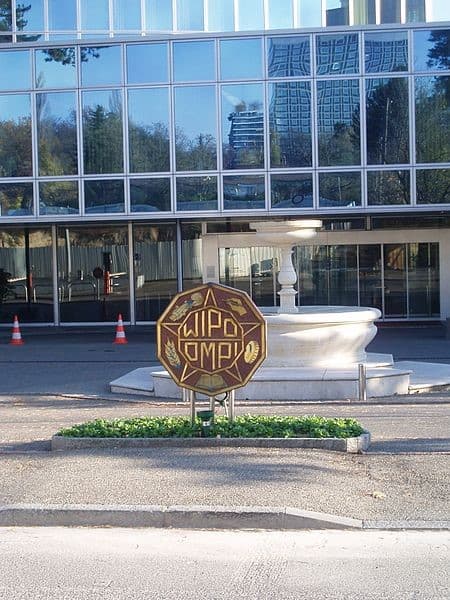The World Intellectual Property Organization (WIPO) has announced that cybersquatting disputes it handled in 2017 reached an all-time high, with 3,074 cases filed.
“Cybersquatting” is the practice of registering names — especially the names of well-known companies, brands, or trademarks — as domain names. This can be done for several purposes, such as:
- in hopes of reselling domain name back to the owner of a trademark
- to drive traffic to a site, in order to boost ad revenues
- to fool consumers into buying counterfeit merchandise
- to facilitate “phishing” schemes
3,036 cases were filed with WIPO in 2016 and 2,754 cases were filed in 2015.
The increase is due in part to the expansion of generic Top-Level Domains (gTLDs) such as .STORE, .SITE, and .ONLINE.
WIPO reports that three industries – banking and finance, fashion, and internet and IT – accounted for nearly one-third of the cybersquatting disputes handled by WIPO’s Arbitration and Mediation Center in 2017.
WIPO says it is the global leader in the provision of domain name dispute resolution services .
Most of the cybersquatting cases — 920 — originated in the US.
WIPO applies the Uniform Domain Name Dispute Resolution Policy (UDRP) to resolve domain name disputes.
According to WIPO’s director,
By abusing trademarks in the Domain Name System, cybersquatting undermines legitimate commerce and harms consumers. This is true especially where squatters use domain names to offer counterfeit goods or for phishing, as is seen in numerous WIPO cases. The availability of the highly effective UDRP procedure is an indispensable support for the credibility of commerce on the Internet and for protection against fraudulent practices.
To receive poetic updates on IP law, sign up for our monthly collection of patent haikus and news here:


